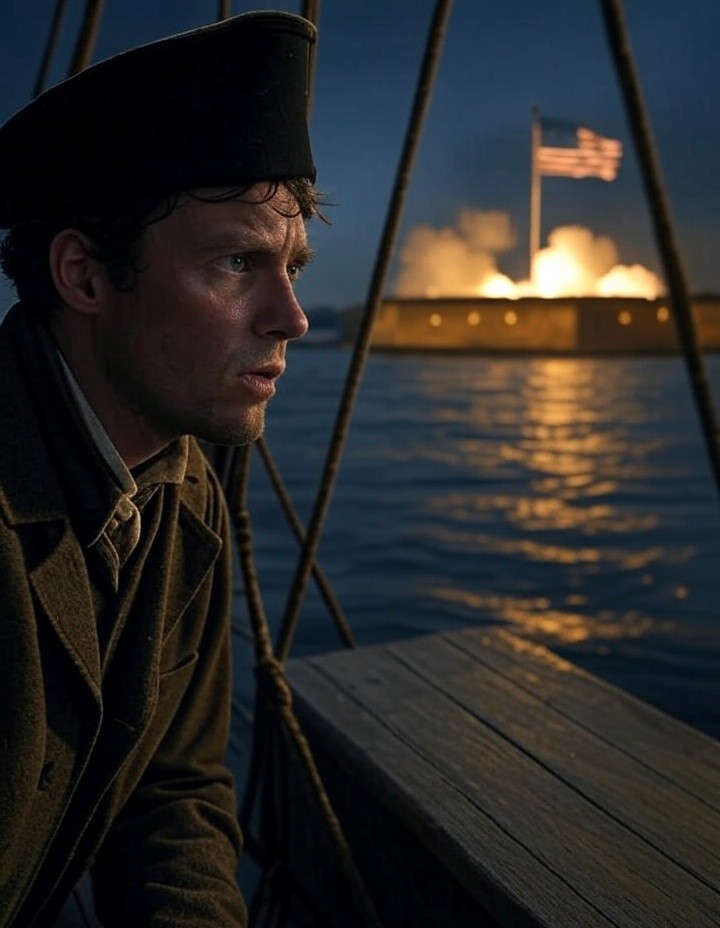
What’s crackin’, dear reader. As you ought to know by now, I’m an unapologetic patriot, just like you, and am looking forward enthusiastically to next year’s America 250 celebration. But my style is being cramped in extremis by what seems to be a growing number of anti-American shitbags.
One recent egregious example – recent only to me, apparently, because I couldn’t care less about professional football and would rather have my intestines extracted with a dull spoon than sit through an entire football game – is that the NFL has allegedly been solemnly piping in some so-called “Black National Anthem” before kickoff. That there hasn’t been a total boycott of the NFL until they knock that ridiculous shit off. Half of the country seems to have collectively overdosed on anti-patriotism and cable-news outrage. Spare me the racial separatism masquerading as “unifying gestures,” and you can stick your “two nations under God” horseshit all the way up your ass.
Today we’re going to talk about the actual, blood-and-black-powder origin story that stitched together the ragged, brawling entity we call the United States – a country a knows goddamn well there is only one national anthem that’s worth a shit, and that’s the one with rockets and bombs in it. And that one was written on September 14, 1814.
So let’s descend, shall we, dear reader, into the muck and the mire of the Patapsco River, where the air is thick with the sulfurous stench of war and the taste of shitty rum. It is here, dear reader, amidst the skull-rattling percussion of British naval cannons, that a lawyer named Francis Scott Key finds himself in what one might charitably call a jam.
Dig: a man, a lawyer no less – bobbing about on a sloop. He’s technically a guest of the enemy, having just negotiated a prisoner release. A gentleman’s errand, as we call it. But the British, not being ones for letting a good surprise go to waste, decide to keep him for the night. Why would those rotten British bastards do such a thing? Because they’re about to unleash a fireworks display of apocalyptic grandeur upon Baltimore’s Fort McHenry. Treacherous gits.
So there’s our guy, Frankie Key. Trapped. A spectator to the systematic, twenty-five-hour-long pulverization of his homeland. It must have been sheer sensory overload. The rockets – not the sexy, sleek, guided things of today, but fat, wobbly cones of incandescent rage – screaming across the sky. The “bombs bursting in air,” which are actually hollow iron shells packed with enough black powder to disembowel a small building, arcing in beautiful, deadly parabolas before detonating with sound and fury.
The Shit is absolutely making sudden and brutal impact with the proverbial Fan. The explosions are a relentless, psychedelic strobe. The noise is physical, a pressure wave that vibrates throughout the ship and into his marrow. And through it all, through this cacophony of imperial might, what is Key doing? Cowering? Praying? Trying to bribe a royal marine for a belt of grog? Probably. But he is also watching. His gaze is fixed, almost pathologically, on one thing: a magnificently oversized American flag fluttering over the fort. It’s so big it requires a whole legion to hoist, a gigantic middle finger stitched from wool and cotton. And as the night wears on, that flag becomes his focal point. His North Star in a constellation of chaos.
When the dawn finally cracks, the bombardment ceases. An eerie, ringing silence descends. And Key, squinting through the smoke and the haze and probably a monster headache, sees it. The flag. Still fucking there. A bit tattered and singed around the edges, but defiantly, miraculously, still there.
And in that moment of bleary-eyed, sleep-deprived, existentially pummeled relief, words begin to bubble up in the lawyer’s brain, fueled by adrenaline and whatever passes for patriotism when you’ve just watched your country take a 25-hour beating. He scribbles them down on the back of a letter: the perilous fight, the ramparts, the rockets’ red glare. Shit yes.
Your English professor, if they ever discussed this poem, which, let’s face it, likely will never happen, would probably call the poem, “Defence of Fort McHenry” a bit of a mess. They’d say it’s wordy, the meter is clunky, and it’s set to the tune of a British drinking song, the irony of which is deliciously rich. But you should tell your professor to get bent. The poem is a genuine artifact, written in a moment of pure, unadulterated terror and awe. It’s the sound of a man trying to make sense of the senseless, to find a sliver of meaning in the chaos of that night. And for that, I propose we raise a glass to the old boy. He saw the abyss, and all he could do was write a song about the light on the other side.
N.P.: “I Can’t Explain” – Scorpions
Somebody thought they could leave a comment!